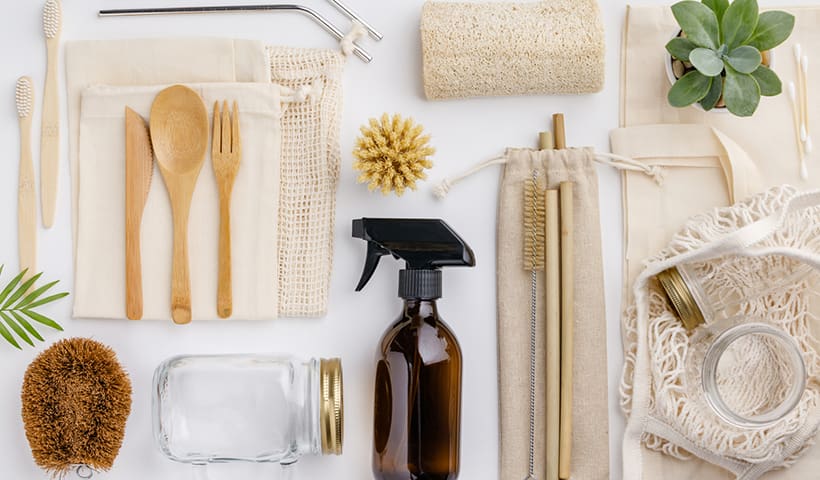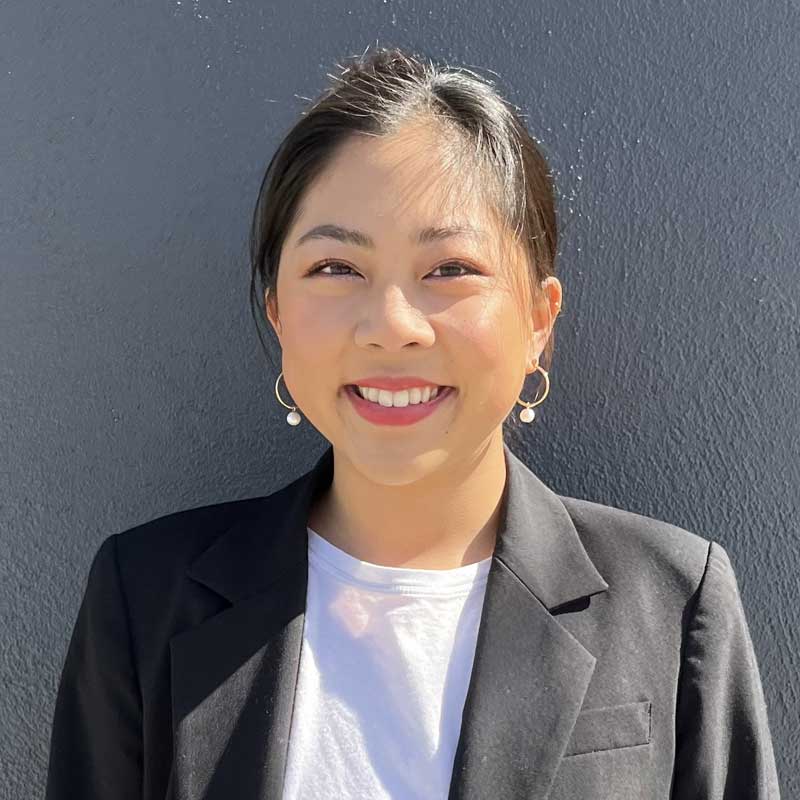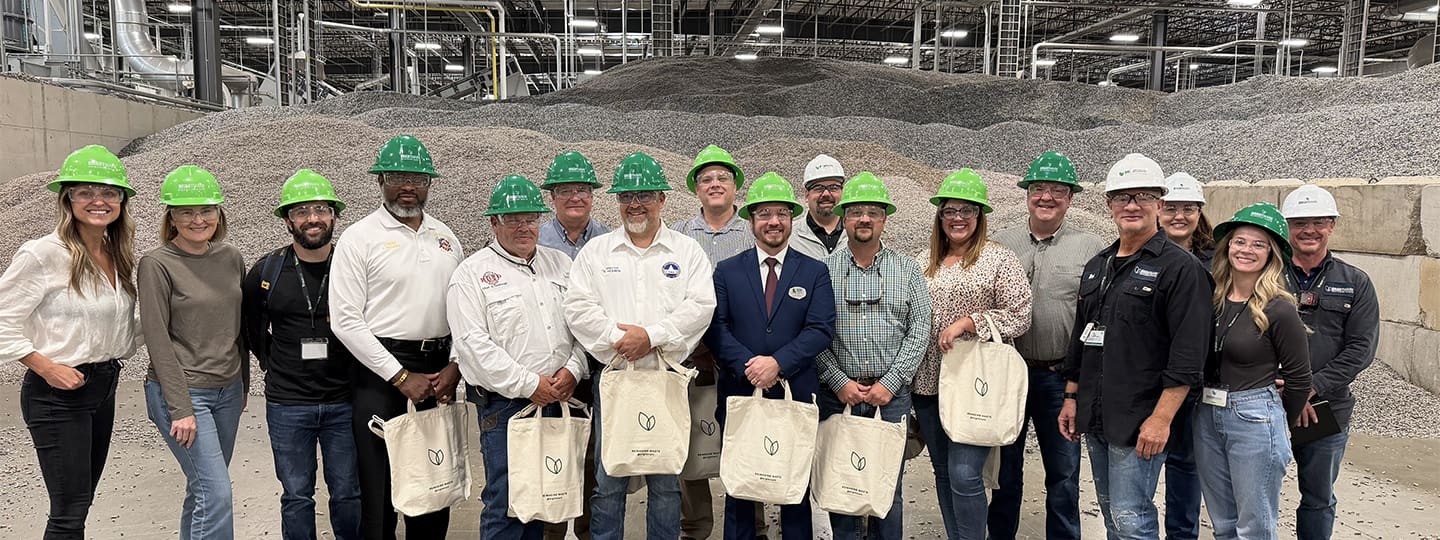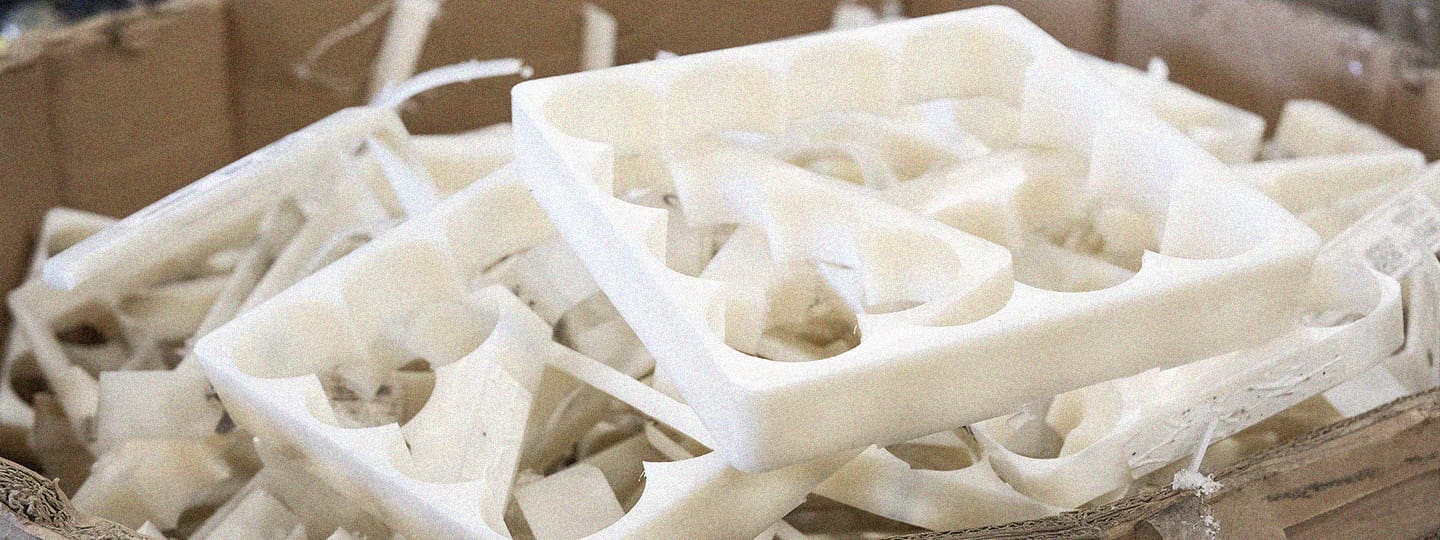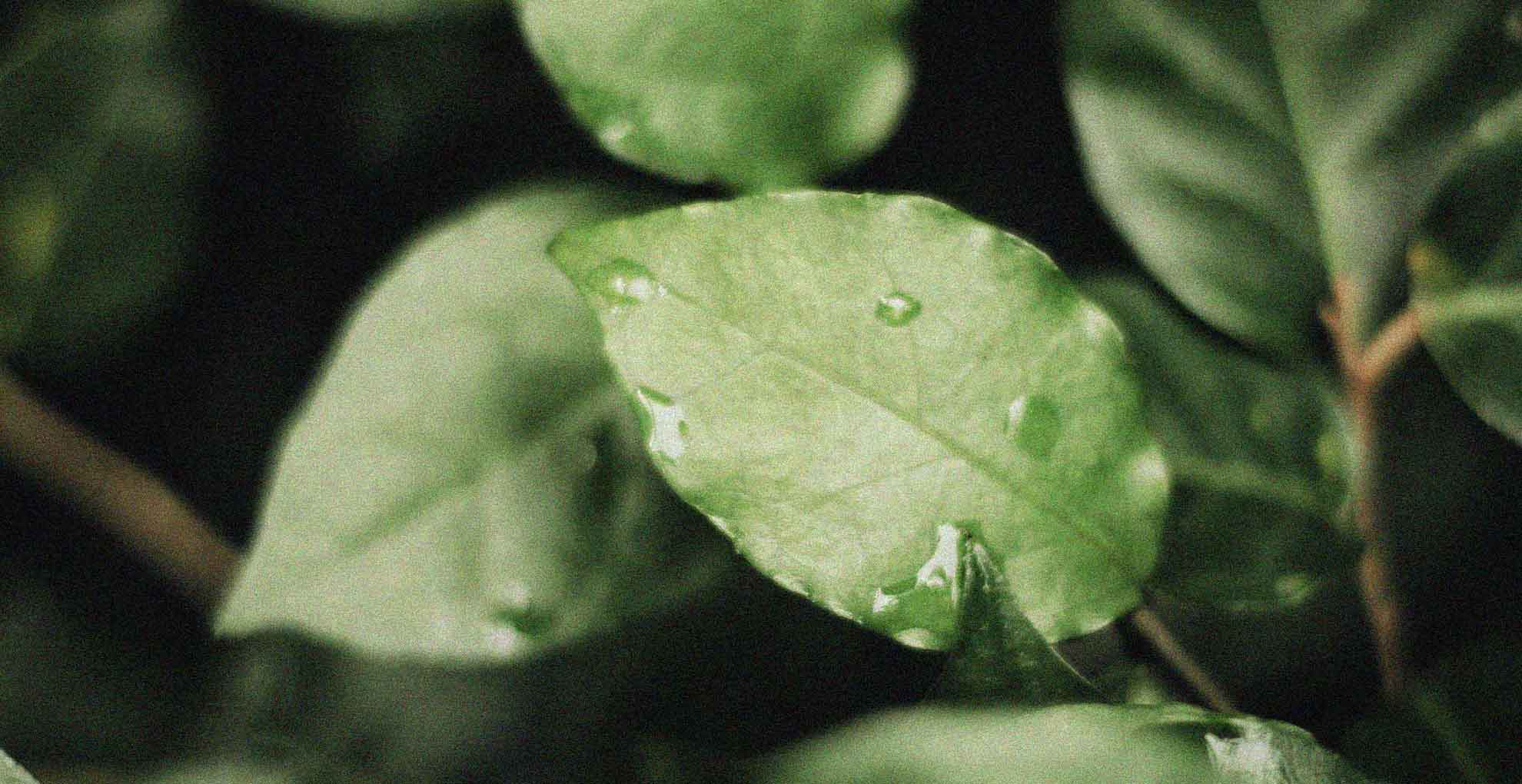What Exactly is Zero-Waste Living, and What Does it Entail?
We make tons and tons of trash daily in all aspects of our lives: plastic coffee cups, cotton pads, and any kind of one-time-use disposable item. Adapting to a zero-waste lifestyle means reducing the amount of waste you produce every day! Zero-waste living is more than just recycling; zero-waste living entails that you are eliminating 100% of the waste that is sent to a landfill. Using reusable daily items such as reusable water bottles, reusable jars for spices, shopping bags, storage containers, etc., are all ways that help with incorporating a zero-waste lifestyle.
Why is Leading a Zero-Waste Lifestyle Important?
Not all trash thrown into the landfill is either buried deep into the Earth or burned, but actually, a large chunk of all the waste we produce goes into the oceans and rivers. According to the International Union for Conservation of Nature (IUCN), “at least 14 million tons of plastic end up in the ocean every year, and plastic makes up 80% of all marine debris found from surface waters to deep-sea sediments.” Inevitably, fish and other sea creatures consume these bits of plastic, which then get fed right back into our bodies. The bigger the fish, the higher the percentage of plastic we consume. When we are conscious of the amount of waste we produce daily, it opens our eyes to our global waste issues. By adapting to a zero-waste lifestyle, we can slowly make a positive impact on our beautiful Earth!
How to Get Started With a Zero-Waste Lifestyle
For starters, the main idea of a zero-waste lifestyle is to consume less and use what you have! If you don’t need something, don’t buy it!
Don’t Overshop
As someone prone to overshop, keeping track of your groceries through some form of notes either on your phone or a physical list helps immensely not to buy an excessive amount of food. Also, if you do have an excess of food, this is a great opportunity to learn composting.
Eliminate Single-use Plastic
Do a “waste audit” by keeping track of the amount of trash created in your household for one week. See where you can prioritize items that are needed that end up as trash and find ways to replace some of those items with reusable zero waste tools and products.
Take Things One Step at a Time
Remember to take things slow. Adapting to a different lifestyle can be overwhelming if you change every aspect of your life. Take things little by little and allow yourself time to adjust to living a zero-waste lifestyle.
Resources for All
Are you unsure of what products to buy to reduce plastic and other forms of waste? If so, we have curated a list of many different resources for zero-waste for beginners!
The greenUP Box
The greenUP box is a great starter kit and subscription for $54.95 every three months or $49.95 for four boxes over 12 months. There are 6-10 different, unique plastic swaps in this kit that are cruelty-free, ethically sourced, and clean products!
The Zero Waste Store
Not looking for a subscription, but specific items that are plastic-free? The Zero Waste Store has your back with different bundles, kits, and sustainable items galore! You can find almost anything you need from this store, from zero-waste cleaning products to zero-waste makeup.
Switching over to a zero-waste lifestyle can be beneficial in so many ways. It’s more affordable, you’re saving more money, and you’re helping the environment!
References and Sources:
https://zerowastestore.com/collections/zero-waste-kits
https://www.ecofriendlyhabits.com/zero-waste-living/
https://www.greenerchoices.org/zero-waste-lifestyle/
https://www.iucn.org/resources/issues-briefs/marine-plastic-pollution

